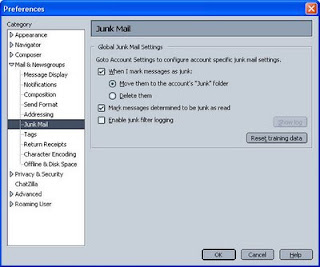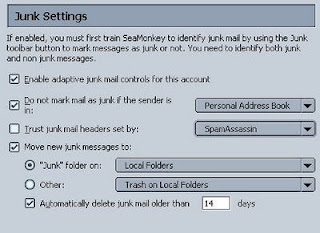I notice nowadays quite a lot of people are financing their house with flexible home loan. However, from their sharing with me during some chit-chat session, I noticed that not many are making good use of the flexibility provided by their home loan, and they treat it just like a traditional mortgage loan.
In my opinion, if you have a flexible home loan, you should:
- Put in extra money (excess payment) into your account to reduce interest charges
- Make use of your excess payment when needed
If you never put in excess payment into your account, perhaps you don't need a flexible home loan, and should opt for a traditional home loan package in the very beginning. In general, it is easier for you to fight for relatively lower interest rate by not having the flexibility provided in a flexible home loan.
If you very seldom make use of your excess payment in your account, perhaps you just need a semi-flexible home loan.
Here is my sharing on how I use my Citibank FlexiHome loan.
I have 2 types of account with Citibank: the FlexiHome loan, and credit card. I applied for an ATM card for my FlexiHome loan account, which cost me a one time application fee of RM8 only. I haven't used the ATM card in any bank teller machine yet, but that card is very important, because I need it to create a consolidated Citibank Online internet banking account.
Once the online banking is created, I am able to see the account information for both my FlexiHome loan as well as my credit card accounts. I can always check for the balance and transaction details of both the accounts even before I receive their monthly statement from Citibank.
This is particularly useful in monitoring how much interest I've been charged daily for my home loan. Citibank Online shows me 2 key figures of my FlexiHome loan account:
- Amount I owe the bank, which is calculated as the outstanding loan minus excess payment in the account. This figure will slightly increase daily, because the account has a daily rest interest calculation scheme. This is interesting, because from here I can monitor closely how my interested is charged by the bank, and how much is charged for each day.
- Amount available for withdrawal, which is the excess payment. This figure will not change until the next installment due date, where the installment will be paid directly from here.
Of course, if I put in money into the account, it will be added to the amount available for withdrawal, and will also affect the daily interest amount charged thereafter to be lesser.
On the other hand, by using the online banking, I can pay off some of my utility bills, including the accessment of my house, with my credit card from my computer at home. I can even get
double Rewards Points by paying the house accessment with this credit card.
Every month when I get my salary, I wrote a cheque to myself and bank in to my Citibank FlexiHome loan account. The cheque amount will have some excess payment for my savings, as I know that my home loan interest is higher than fixed deposit interest, so it is a better idea to put the money in the loan account to reduce more interest, than to put in deposit account to earn the very tiny interest. In addition, fixed deposit does not provide the flexibility to take out the money at anytime without any lost in interest calculation.
When the due date of the credit card payment comes, I just need to login to Citibank Online and make a transfer from my FlexiHome loan account to my credit card account. My credit card will then be paid in the next business day. This transfer between my own accounts

with Citibank is free of charge. Isn't this a good idea of making use of the flexibility provided by the FlexiHome loan account to pay the credit card bill without hassle, by using the online facility?
When I make a new share investment which requires me to bank in money into my trading account, I can also make an external transfer from my FlexiHome loan account to my share trading account using the same online facility too.
To summarize, I use my FlexiHome loan as my main savings account, as I can save loan interest with any excess payment I made, and the saving in loan interest is higher than fixed deposit interest. FlexiHome loan allows me to take out any amount of excess payment available at anytime, which makes it an even better place for main savings purpose. I also use my credit card to pay utility bills and earn Rewards Points, and use the savings (excess payment) in my FlexiHome loan account to pay for that credit card bill.
If you also have a flexible home loan with any bank, you're welcomed to share your experience on making good use of the flexibility of your home loan account too.
You might also be interested to read about my other article on "
What to look for in a flexible home loan?".

















